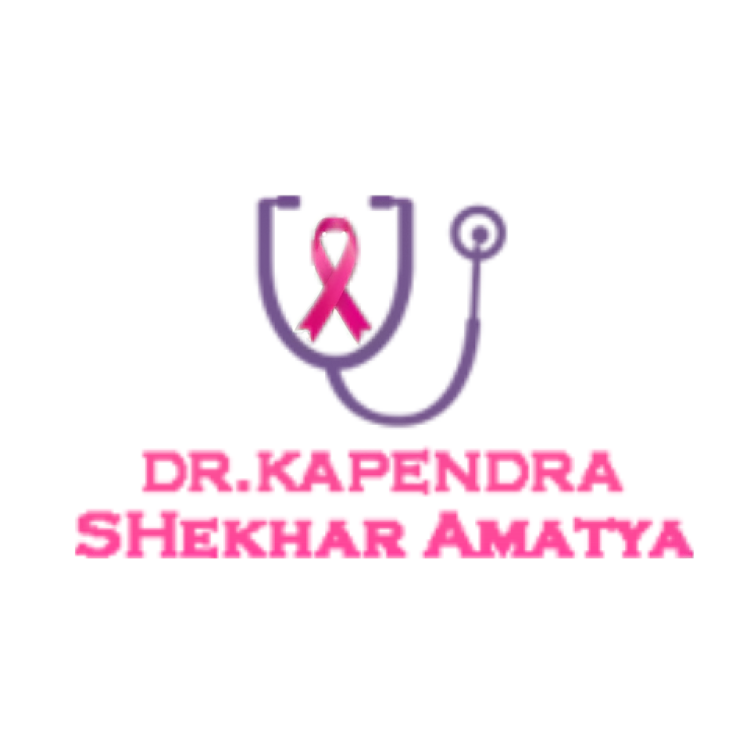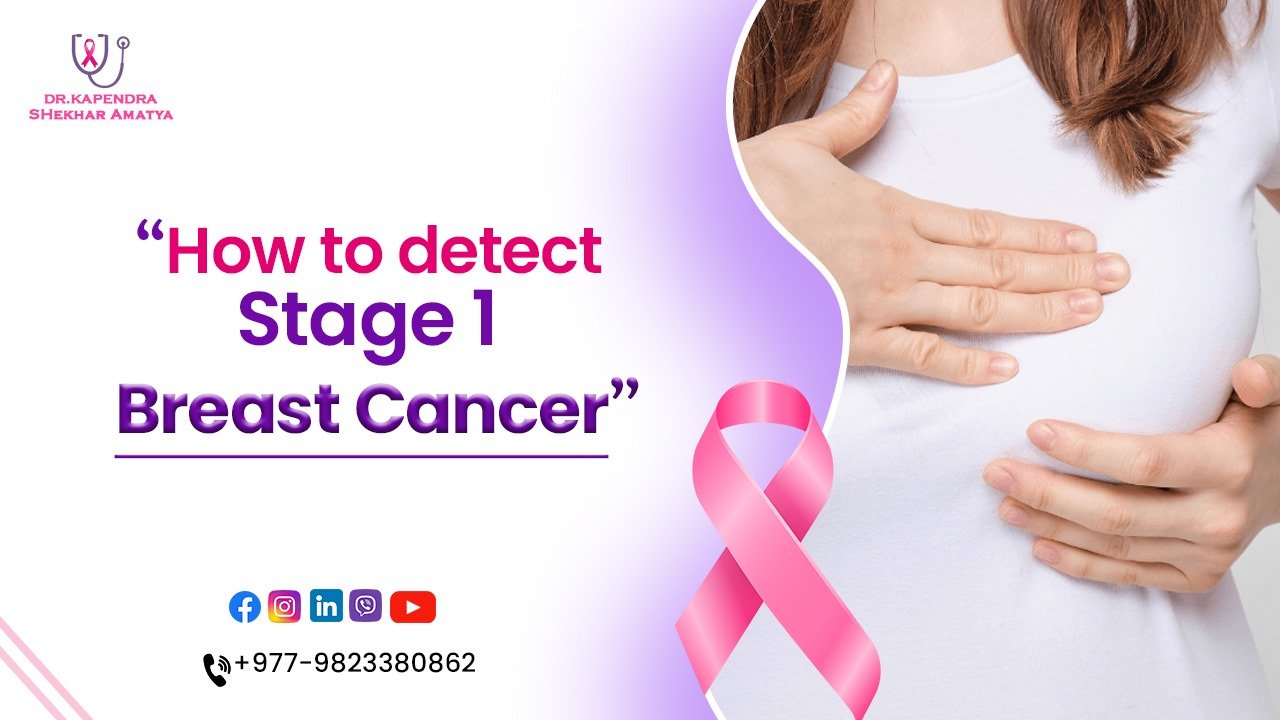Introduction:
Breast cancer is a complex and potentially life-threatening disease that affects millions of individuals worldwide. Detecting breast cancer at an early stage significantly improves the chances of successful treatment and recovery. Stage 1 breast cancer is the initial phase of the disease when the tumor is relatively small and has not spread beyond the breast tissue. Understanding the symptoms of stage 1 breast cancer is crucial for early detection and timely intervention.
Symptoms of Stage 1 Breast Cancer:
- Lump or Thickening in the Breast or Underarm:
- A common early sign of stage 1 breast cancer is the presence of a lump or thickening in the breast tissue. These can often be felt during self-examinations or noticed by changes in the breast contour.
- Changes in Breast Size or Shape:
- Stage 1 breast cancer may cause noticeable changes in the size or shape of one breast. This could include asymmetry between the two breasts or changes in the contour that were not present before.
- Pain or Discomfort:
- Some individuals with stage 1 breast cancer may experience pain or discomfort in the breast. This pain is often not related to the menstrual cycle and may persist over time.
- Changes in the Skin:
- Skin changes on or around the breast can be indicative of stage 1 breast cancer. Look out for redness, dimpling, or puckering of the skin, which may resemble the texture of an orange peel.
- Nipple Changes:
- Changes in the nipple, such as inversion, retraction, or a change in its position, can be signs of early-stage breast cancer. Discharge, especially if it is bloody or occurs without squeezing the nipple, should also be reported to a healthcare professional.
- Persistent Breast Pain:
- While breast pain is not always a sign of cancer, persistent pain that is unrelated to the menstrual cycle or other factors should be evaluated by a healthcare provider.
It’s important to note that these symptoms can vary from person to person, and some individuals with stage 1 breast cancer may not experience any noticeable symptoms. Regular breast self-exams, clinical breast exams, and mammograms are crucial for early detection.
Conclusion:
Being aware of the symptoms of stage 1 breast cancer empowers individuals to take charge of their breast health. If you notice any unusual changes in your breasts, it’s essential to consult with a healthcare professional promptly. Early detection and intervention can significantly improve the prognosis and increase the chances of successful treatment and recovery. Regular screenings and maintaining open communication with healthcare providers are key elements in the fight against breast cancer.



Its like you read my mind You appear to know so much about this like you wrote the book in it or something I think that you can do with a few pics to drive the message home a little bit but other than that this is fantastic blog A great read Ill certainly be back
Hi my family member I want to say that this post is awesome nice written and come with approximately all significant infos I would like to peer extra posts like this